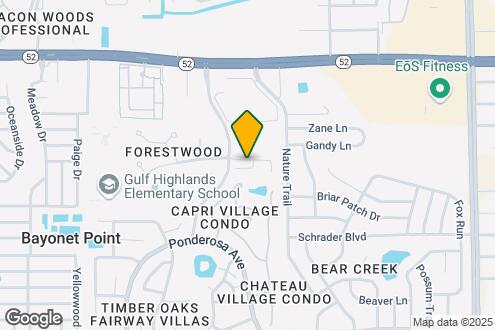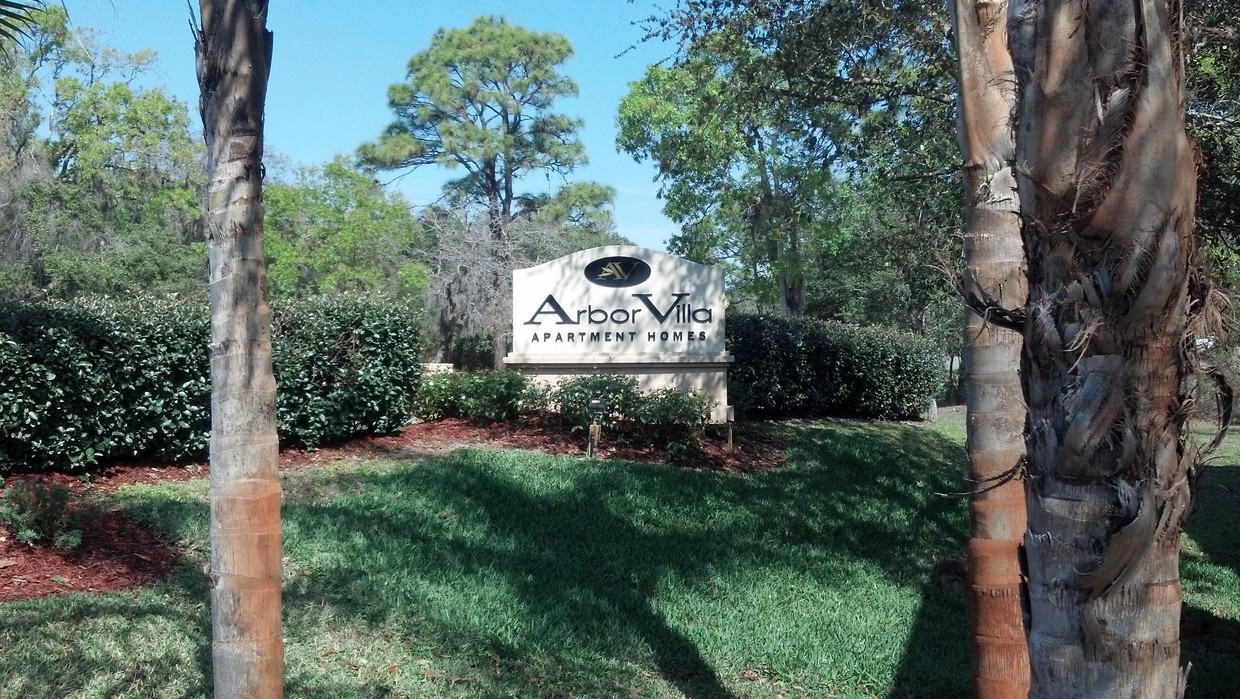the-casino.ru

Arbor Villa Apartment Homes - James Joseph Way in Port Richey, Florida. Visit the-casino.ru to view photos, floor plans and more. See posts, photos and more on Facebook. Port Richey Apartments by Arbor Villa Apartments () Port Richey Apartment in Pasco County FL, Call a local Port Richey Condo today or email us on researchGiant! Get reviews, hours, directions, coupons and more for Arbor Villa Apartment Homes. Search for other Apartments on The Real Yellow Pages®. 1 week ago - Search for an apartment in Port Richey, FL. View detailed listings, compare your favorites, and take the next step toward your new rental. Contact Arbor Villa for details on our Port Richey, FL apartment community or to schedule an appointment. View office hours, contact information, map, and directions. 2 weeks ago - Arbor Villa Apartment Homes and Nearby Apartments in Port Richey, FL | See official prices, pictures, current floorplans and amenities for apartments near Arbor Villa Apartment Homes. Check availability! View detailed information about Arbor Villa rental apartments located at James Joseph Way #, Port Richey, FL See rent prices, lease prices, location information, floor plans and amenities. Read 17 customer reviews of Arbor Villa Apartment Homes, one of the best Apartments businesses at James Joseph Way, #, Port Richey, FL United States. Find reviews, ratings, directions, business hours, and book appointments online. Discover houses and apartments for rent in Villa del Rio, New Port Richey, FL by location, price, and more search filters when you visit the-casino.ru® for your apartment search. Browse big, beautiful photos, view detailed apartment rental information, and learn more about the rent prices for. January 3, - From the ground up, we reimagined the-casino.ru, developing a brand new website and apps! Backed by a national research team, now the-casino.ru provides smarter ways to search through more listings than any other rental source, providing real-time availability, amenities, HD Videos. Catholic Charities - Arbor Villas Inc. James Joseph Way #, Port Richey, FL , USA. 4 days ago - See all available apartments for rent at Summer Lake Villas, LLC in New Port Richey, FL. Summer Lake Villas, LLC has rental units ranging from sq ft starting at $ The leading real estate marketplace. Search millions of for-sale and rental listings, compare Zestimate® home values and connect with local professionals. October 22, - Discover our luxury apartments in New Port Richey FL at Allora River Ridge Apartments. Explore our modern apartments, top-notch amenities, and vibrant community. Contact us today! 5 days ago - Search for an apartment in New Port Richey, FL. View detailed listings, compare your favorites, and take the next step toward your new rental. Find the perfect rental on PadMapper, with over one million apartments, condos, houses, and sublets for rent from many different websites. Bedroom, bathroom, and rent filters make it easy to narrow down thousands of apartments to find your perfect home. Search 11 apartments for rent in Port Richey, FL. See detailed rental info and photos. Learn about nearby neighborhoods & schools on the-casino.ru 2 weeks ago - Search for an apartment in New Port Richey, FL. View detailed listings, compare your favorites, and take the next step toward your new rental. November 24, - apartments for rent in Port Richey, FL. Filter by price, bedrooms and amenities. High-quality photos, virtual tours, and unit level details included.
To support our service, we display Private Sponsored Links that are relevant to your search queries. These tracker-free affiliate links are not based on your personal information or browsing history, and they help us cover our costs without compromising your privacy. If you want to enjoy Ghostery without seeing sponsored results, you can easily disable them in the search settings, or consider becoming a Contributor. Arbor Villa apartments in Port Richey, Florida, is the perfect place for you! We are close to gulf coast beaches, great shopping, delicious restaurants, and public transportation. Our beautiful city can become your oyster with our proximity to US Highway 19 and SR . See all available apartments for rent at Arbor Villa in Port Richey, FL. Arbor Villa has rental units starting at $ . View the available apartments for rent at Arbor Villa Apartments in Port Richey, FL. Arbor Villa Apartments has rental units ranging from - sq ft starting at $ . Arbor Villa Apartments offers the perfect blend of city convenience and country charm in Port Richey, FL. Located close to Gulfcoast Beaches, shopping, and public transportation, this apartment complex is a prime location for those seeking both convenience and tranquility. . The application fee is $ per adult and $ per married couple. Holding fee is $ per apartment (Holds quoted rate and if requested, a certain apartment for up to 15 days) · Resident Selection Criteria . As a top apartment choice in Port created using real-time rental pricing and availability. Arbor Villa is located in the Bayonet Point Neighborhood and Zip code of Port Richey, FL. . Check out the available floor plan options at Arbor Villa. Get pricing, availability, and layout details for our apartments in Port Richey, FL. . Find apartments for rent at Arbor Villa from $ at James Joseph Way in Port Richey, FL. Get the best value for your money with Apartment Finder. . Find your new home at Arbor Villa Apartment Homes located at James Joseph Way, Port Richey, FL Check availability now! . Ratings and reviews of apartments by renters and listings of housing for rent nationwide . If you enjoy Ghostery ad-free, consider joining our Contributor program and help us advocate for privacy as a basic human right.
Quality made in America durable coated canvas ID wallet key chain with leather patch to personalize with initials or monogram. . Our fan favorite is back with new designs! This durable wallet allows you to carry everything you need while staying small and compact. . Google Wallet is a safe way to store and use your cards, tickets, passes, keys, and IDs. Get started with Google Wallet. . Discover the Marni women's accessories collection on the official store. Shop online made in Italy wallets and small leather goods. . Order your handcrafted leather wallet today. Made in Maine from American cow hide, ORIGIN™ genuine leather wallets feature heavy-duty corded stitching for . Explore our vibrant collection of women's wallets in various colors and materials. Discover the perfect accessory for every occasion! . This sleek vegan-leather wallet effortlessly and securely attaches to your iPhone in a snap connection so you can conveniently carry your cards, ID, or even . Wallets & Card Holders · Wesport Tri Fold Wallet, CHOCOLATE Add to cart + Quick Shop · Wardville Pouch Wallet, CHOCOLATE Add to cart + Quick Shop · Wesport Tri . Get help finding a bitcoin wallet. Answer a few basic questions to create a list of wallets that might match your needs. .
Auto Villa Add to Favorites Hi there!Be the first to review! People Also Viewed Spraycraft Unlimited Grand Blvd, New Port Richey, FL Athens . Vacation Rentals in Port Richey, FL PARADISE VACATION HOME WEST COAST GULF OF MEXICO Beachfront Accommodations Directly Overlooking the Sand on Wonderful Treasure Is Ferienhaus Por . Grand Villa of New Port Richey Reviews of Grand Villa of New Port Richey Assisted Living R See all Memory Care reviews (7) See fewer reviews Costs for Grand Villa of New Port Richey . Vacation Rentals and Beach Rentals in New Port Richey, FL Cl Rental Specialty Vacation Rental Villa Water Views Waterfron Information New Port Richey, Florida Condo/Apartment . Summer Lake Villas Add to Favorites Tomorrow: am Address: Fiji Dr, New Port Richey, FL People Also Viewed Summer Trace Apartment . , New Port Richey, FL Real Estate and Homes for Sale Listings courtesy of Stellar MLS as distributed by MLS GRID. Based on information submitted to the MLS GRID. All data is o . Villa Italian Kitchen Write a Review OPEN NOW - Closes at pm Be the first to review! US Highway 19, Port Richey, FL Hi t . The most booked accommodations in New Port Richey are cottage and apartment rental. We search from more than 23 accommodations in New Port Richey to help you find the perfect place . Dentists in River Villas New Port Richey, FL YP Dentists That Take Medicaid in New Port Richey, FL From Business: Dentists That Take Medic .

[
